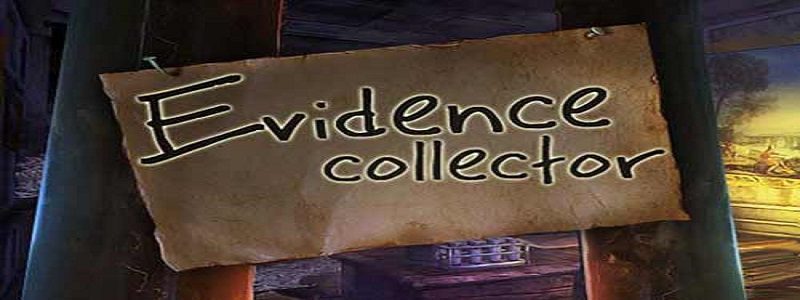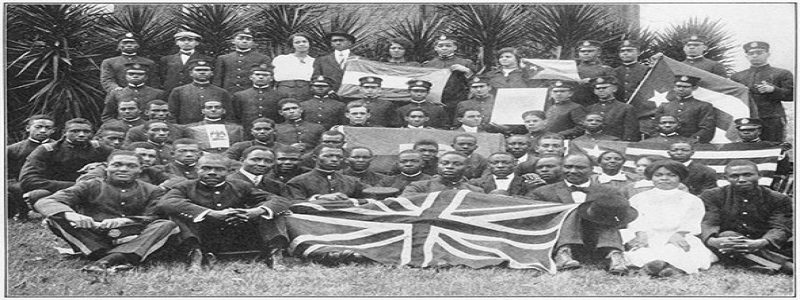Argumentalizing “Switch,” a Documentary by the Energy Project
I have recently been working with a partner school’s science department and its renewable energy unit. The unit takes a kind of “nuts and bolts” approach to the variety of energy sources that currently produce the world’s energy supply, looking at technological practicalities and some of the science and engineering — and economic — principles at work in the viability of each type of renewable energy projected to be part of the world’s transition this century away from traditional fossil fuels. We decided to focus our argumentalization on a four-day portion of the unit that uses “Switch.”
The SAT Essay: An Argument-Centered Strategy
Overview
Taking an argument-centered approach to preparing for and to writing the SAT Essay may seem like a no-brainer. After all, the prompt, which is always the same, asks you to explain how a passage’s author builds their argument, to analyze the rhetorical techniques that they use to persuade their audience. The prompt always suggests to consider the author’s use of evidence, reasoning, and stylistic elements in the passage. These are all features of course of argumentation. But since the prompt also tells you quite clearly not to make an argument about the topic of the passage (“Your essay should not explain whether you agree with the author’s claims . . .”), the form of writing you’re being asked to do is generally called rhetorical analysis and it is usually taught as something quite different than argumentation.
A Teacher-Designed Evidence Catcher, Accenting Citations
Otis Middle School (Chicago) social studies teacher Elizabeth Valente has adaptively re-designed our resources into what she calls an Evidence Catcher for the project we have been working together on in her argument-centered ancient Greece unit this semester. The resource represents another exemplar of our goal that teachers at our partner schools acquire the capacity to design and deploy their own argumentalized and critical thinking enriched curricular resources. Ms. Valente has agreed to share this resource, at which it is well worth taking a closer look.
Identifying Core Binaries to Conquer Free Response in AP Comp
Brady Gunnink, who teaches AP Language and Composition at ACE partner school Jones College Prep in Chicago, came to me earlier this semester with a challenge: can we work together to build a strategy with supporting resources that can help his AP Comp students improve their writing on the Free Response essay questions on the AP exam? Students, he said, often find the third question of the three FR questions the most difficult; it is the one for which there are no sources or texts and students are asked to write an argument in response to an abstract or philosophical proposition (e.g., philosopher Alain de Botton has said that humorists play a vital role in society in that they are able “to convey with impunity messages which might be dangerous or impossible to state directly’ — write an essay taking a position on this viewpoint). The outcome of this collaboration at Jones and my work to create a writing strategy is the topic of this post.
READ MORE
Inquiring and Arguing about European Colonialism in Africa
We have been working with partner high schools, in both World History and European History courses, on a unit on European colonialism in Africa. This topic has an inordinate number of ramifications on other fields of history and social science. To name just a few: European geopolitics in the 19th century and the lead-up to World War I; African national and political history in the 19th and early 20th centuries; racial and economic exploitation in international relations; colonial and post-colonial studies; European cultural, literary, and religious history of the 19th century; and others. Our argument-centered approach propels students to inquire into and argue about this rich and essential historical topic. And as we have been discovering ourselves in the classroom the unit laid out here has the range to serve the common ends of the secondary school spectrum: intriguing and engaging 9th graders, but also pushing even advance placement seniors to absorb sources more deeply and to take sophisticated and carefully argued positions.






